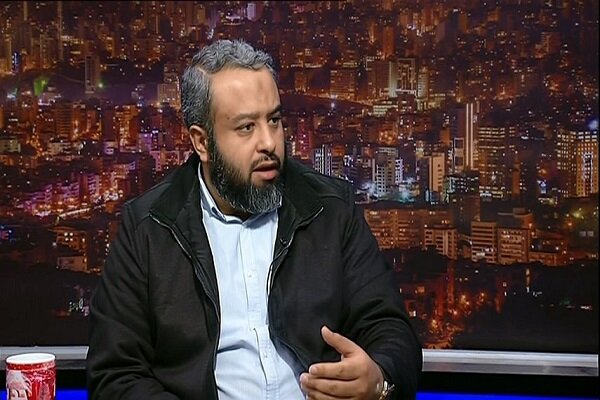Iran no longer in hurry to reach agreement with U.S., says Lebanese researcher

TEHRAN – A Lebanese political researcher says that Iran is not in a hurry to reach an agreement with the U.S. in terms of reviving the 2015 nuclear deal.
“Iran is no longer in a hurry and is not obliged to make concessions because it has started building important economic ties with China, Russia and India,” Hadi Kobeisi tells the Tehran Times.
Talks in Vienna started last Tuesday in an effort to bring both the United States and Iran back into compliance with the 2015 nuclear deal.
A joint commission responsible for overseeing the Iran nuclear deal is looking for a way for the U.S. to rejoin the agreement – abandoned under Donald Trump – and lift its sanctions on Tehran, and for Iran to end its retaliatory steps of the limits placed on its nuclear program.
Throughout past week experts from the deal’s remaining signatories – Iran, France, Germany, the UK, Russia, China and the EU – were meeting in Vienna’s Grand Hotel and relaying messages to the U.S. delegation over the road in a neighboring hotel.
On Friday the joint commission will reconvene to review whether enough progress has been made to continue the talks on reviving the deal, which lifted economic sanctions on Iran in return for curbs to its nuclear program.
However, many pundits believe that it won’t be easy due to a deep gap between Iran and the U.S. views.
“Americans express the difficulty of negotiations and describe Iran’s demand to lift all sanctions as a dilemma,” Kobeisi argues.
Following is the text of the interview:
Q: How do you see the ongoing negotiations between Iran and the remaining parties to the nuclear deal to revitalize the pact? Is there any hope to revive the agreement?
A: The ongoing talks, to some extent, have the chance of success, yet they are still at the beginning point and we have a long road ahead. There is hope to revive the deal, but, in fact, a return to the Joint Comprehensive Plan of Action under the Iranian terms means a defeat for America.
Americans express the difficulty of negotiations and describe Iran’s demand to lift all sanctions as a dilemma.
Q: What can Iran learn from America’s behavior when it pulled out of the nuclear pact unilaterally?
A: America's exit from an international agreement means that a return to the agreement is not guaranteed, and if it even takes place it may be temporary and maybe a superficial move.
It takes a long time for Iran to verify the lifting of sanctions which entails a very difficult process.
Many banks around the world avoid cooperating with Iran for fear of subsequent sanctions, besides direct penalties due to American embargo on Iran, so the issue is complicated for this reason.
Q: Do you think that Iran will make more concessions in these negotiations? What are Iran's trump cards?
A: Iran is no longer in a hurry and is not obliged to make concessions because it has started building important economic ties with China, Russia and India, and I think Tehran will not be obliged to reach to an agreement at all within a year. Albeit Iran needs it now, but it is not essentially a must.
Iran's cards in this game are to increase uranium enrichment, which is constantly increasing.
It also has military strength and international allies, especially with Russia, which supports the Iranian position when it demands the lifting of all sanctions.
Moreover, Iran has a large Chinese economic support, as well as influential presence in the region.
Q: How do you see the Europeans’ role in these negotiations? Why have they failed to neutralize sanctions imposed during the Trump administration?
A: The Europeans want real investments in Iran and they are eager to have economic cooperation with Tehran; that is why they want these efforts to succeed, and at the same time they seek to counter Iran in regional and strategic issues.
They have failed to confront Trump's sanctions because they are economically linked to the United States of America and cannot escape from it, neither economically nor militarily or security.
We saw in the G5 meeting in Britain how the United States banned many of the offers made by China and even the offers made by Russia regarding the Nord Stream pipeline.
Q: Why do Israel and Saudi Arabia try to meddle in the nuclear deal negotiations?
A: Israel and Saudi Arabia want to sabotage the negotiations and therefore they intervene in these negotiations and try to impose conditions related to their security and their interests in the region within the agreement.
They want to change the agreement either in practice or in text by adding political conditions to it.
Leave a Comment